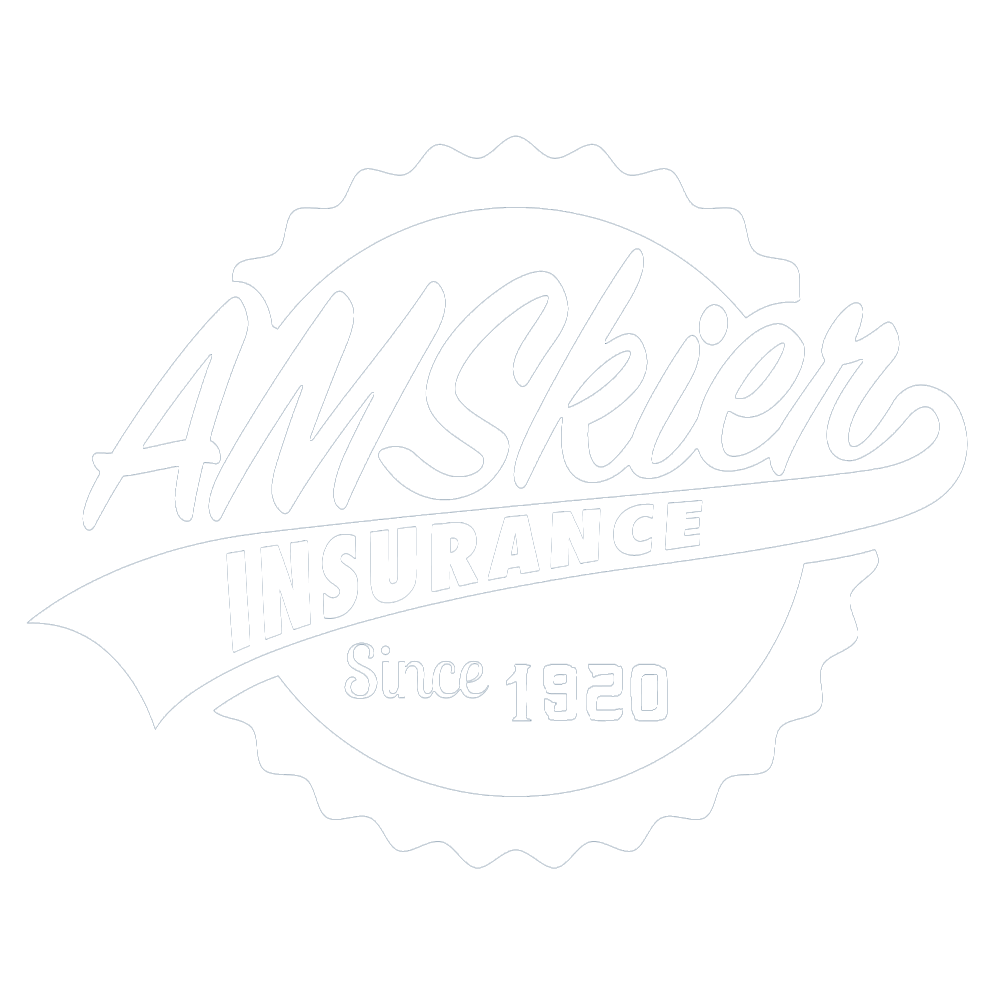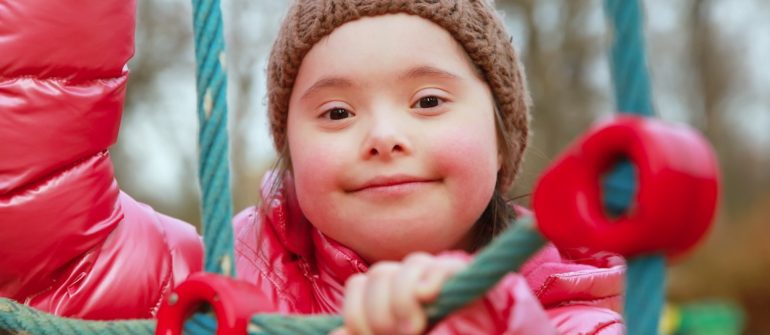AMSkier Broad & Bright articles are SKI-Way articles that have been opened to the public. Full access to SKI-Way articles, podcasts and other media is exclusively available to AMSkier camp clients. Interested in becoming a client? Tell us about you and your camp!
THE AMERICANS WITH DISABILITIES ACT – BACK TO BASICS
OPENING THE CHAMBER OF SECRETS
 Alan Cooper, Esquire
Alan Cooper, Esquire
June 10, 2010
Diabetes, food allergies, ADHA, cerebral palsy-these and other issues are becoming more commonplace as children with disabilities are mainstreamed, and as ever-increasing numbers of youngsters seem to be diagnosed with various ailments. Coupled with improving medical care, more comprehensive governmental and insurance support, and the passage of the Americans With Disabilities Act (“ADA”), camp directors mush now deal with situations that their predecessors never faced.
Camps must deal with two sections of the ADA, one for consumers and one for employees. Camps are far less likely to face employment issues and they will be addressed in another Broad and Bright, although many of the same principles apply. Simply stated, the ADA makes it illegal to discriminate against anyone with a disability that substantially limits one or more major life activity.
In the case of children, it applies to illnesses or impairments, such as diabetes, ADD and ADHD, serious allergies, etc. and also applies to temporary disabilities, such as a broken leg. Camps cannot bar children with disabilities from camp, unless it is impossible to serve the child’s needs without fundamentally altering the nature of goods or services offered. For example, a child with a broken leg is able to participate in most general camp activities if she can be transported in a golf cart. Even though your camp prohibits the use of carts to transport campers, a“reasonable accommodation” can be made without fundamentally altering the nature of camp. On the other hand, a wilderness camp is not required to build smooth trails through miles of woods so that a child in a wheelchair can participate, as that would fundamentally alter the “goods and services” the camp offers. Unfortunately, it is not always so straightforward, and questions often arise when the camp learns that a child has a disability that may require some modification of camp routines and protocols.
HERE IS A GUIDE that you can use to assure your compliance with the law when you are told about Sally’s specific disability: You can NEVER say “We don’t take children like that” or other similar automatic rejections. The main focus of the ADA is to ELIMINATE STEREOTYPING OF DISABILITIES. Instead, EACH CHILD AND HIS DISABILITY MUST BE TREATED INDIVIDUALLY.
1. You can NEVER say “We don’t take children like that” or other similar automatic rejections. The main focus of the ADA is to eliminate stereotyping of disabilities. Instead, each child and his disability must be treated individually.
2. Ask the parent for written permission to speak with the child’s doctor in order to assess precisely what the child may require. If this request
is refused, you may lawfully reject the child for camp as this information is necessary in order for you to comply with the law.
3. Speak to the doctor. More often than not, you will learn that the child is perfectly able to handle the rigors of camp with only minor adjustments to protocol. When necessary, you may secure a promise of availability from the doctor if any particular needs arise.
4. If in doubt, you may speak with your own doctor, your camp doctor, or if you are insured with us, you may call AMSkier for access to medical advice. Again, this will help you make an individual assessment on the needs of the child and whether or not you can accommodate her particular disability.
5. Obtain any other information you can, including accessing any relevant websites and downloading all pertinent information. Remember, in the event of an ADA claim against you, it is important to show that you acted in good faith and did your research in determining whether or not the individual child could be accommodated in your camp.
6. If you are willing to accept the child, discuss the details of the situation with the parent and come up with a plan all can agree to. If you cannot accept the child, make sure the parent is aware of the steps you took to assess the needs of their child.
A SPECIAL NOTE ON “SHADOWS”
Shadows are increasingly popular as governments and insurance plans pay for someone to stay with, or “shadow” a child with special needs. Under the ADA, you can NOT refuse to accept a child on that basis alone, as allowing a shadow has been ruled to be a reasonable accommodation to a child’s disability. In no case are you required to pay for the shadow. You may, however-and in fact should require the shadow to undergo all the requirements of your regular staff, including criminal history checks, dress codes, prohibitions against tobacco use, etc. Do not place the shadow on your payroll. He or she works for the family of the child, not you.
You must also resist the temptation to ask the shadow to help out with other camp responsibilities when not busy with his or her individual charge. Do not use them to supervise other children as lifeguards, drivers, etc. They are being paid to watch a specific child, and no more. This may seem like a lot to swallow, but you can take solace in the ADA’s noble purpose, to allow more children to experience the joys of living, in this case, the lifetime memories of summer camp. Chances are that the child will never forget the opportunities you gave her, and that, as with most children, the time spent at your camp will be one of the highlights of her life.
Alan Cooper, Esquire, is General Counsel and Claims Director at AMSkier. He is a member of the Pike County, Pennsylvania Task Force on The Americans With Disabilities Act, and has lectured extensively to business groups and camping conferences about issues related to the ADA.


